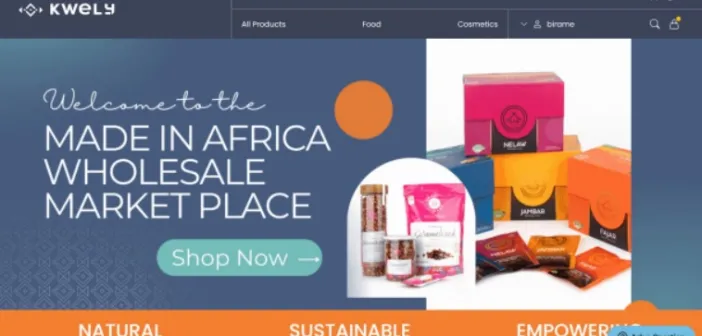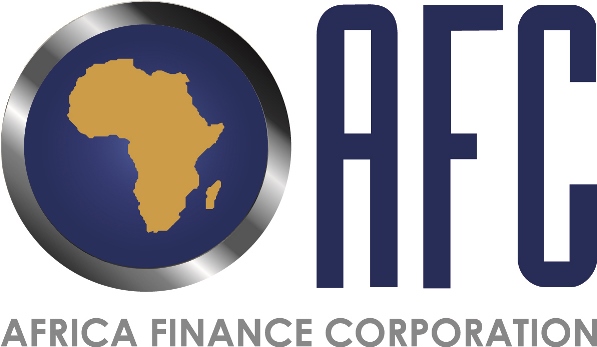Senegal-based Startup, Kwely Unveils Made in Africa Marketplace

Targeting small and large enterprises worldwide, Senegalese startup Kwely has released the minimum viable product (MVP) version of its B2B web store for “Made in Africa” products.
Kwely was founded on the notion that “Made In Africa” products have a place on the global market and may assist increase African exports as well as the continent’s industrial sector. Birame Sock, a software entrepreneur who successfully exited two firms in the US, founded Kwely.
The startup’s main areas of focus are the creation of new and existing brands with regional suppliers to prepare them for export, the development of a proprietary platform to support B2B wholesale transactions on the international market, and the creation of a packaging studio to offer the services required to deliver goods that comply with international standards.
Kwely received initial funding of $1 million earlier this year, and earlier this month, he was declared the MEST Africa Challenge winner. It has now announced the opening of its platform, which enables foreign customers to find top-notch, distinctive, and regionally produced goods from all across the continent. The marketplace offers goods that have been created, tested, and packaged in accordance with international standards, starting with “Made in Senegal” brands covering food, wellbeing, hair, and skin care.
“Today, we’re celebrating the opening of Kwely, your gateway to the best of Africa. Products labeled “Made in Africa” haven’t received the respect they merit for a very long time. The talented producers are frequently obscured by bigger brands, which makes it difficult for them to develop a direct clientele and their own brand identity, according to Sock.
“Through Kwely, we are showcasing the rich and rare ingredients, the traditional craftsmanship of our continent, and high-quality items produced from small and medium-sized businesses to the globe. The skeleton of our economies is made up of SMEs. We are promoting inclusive economic growth by introducing them to global consumers, but we are also affecting entire communities.







